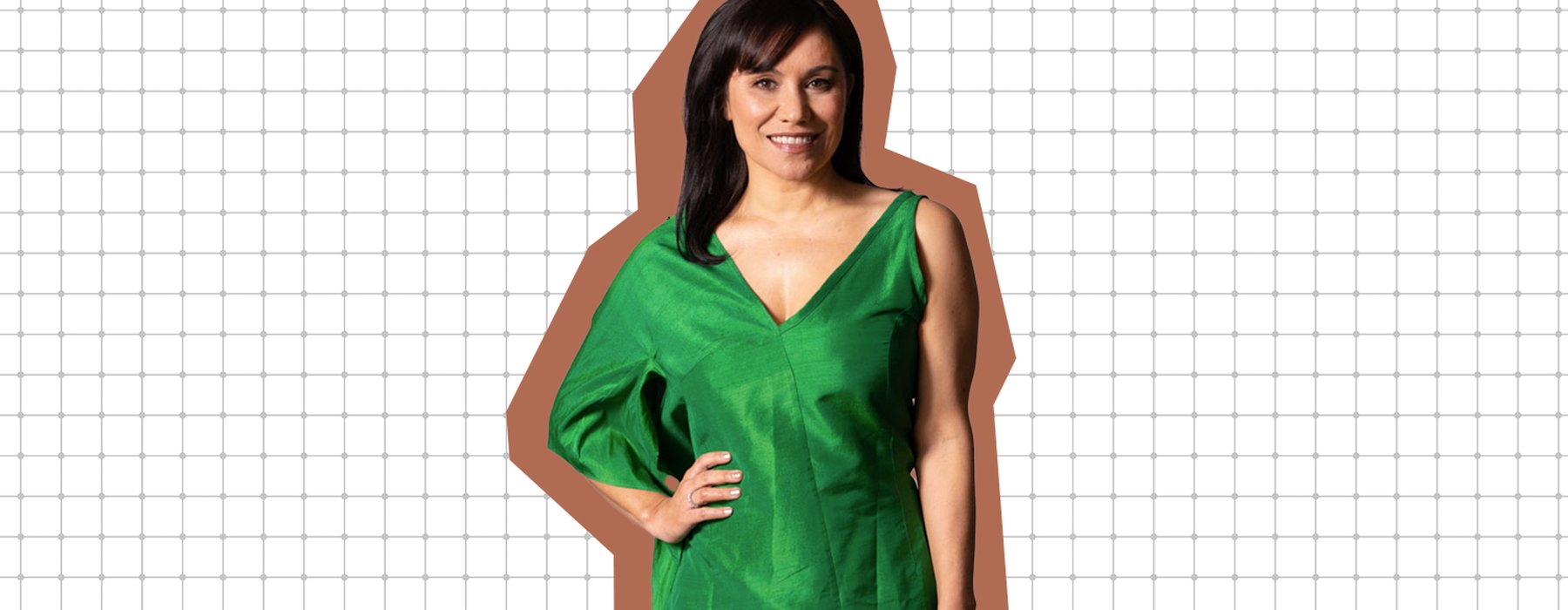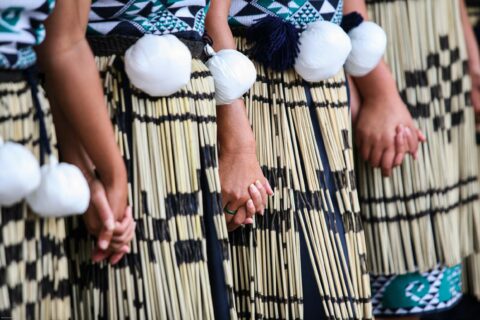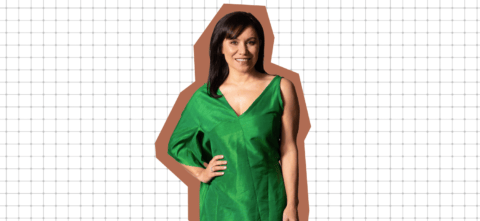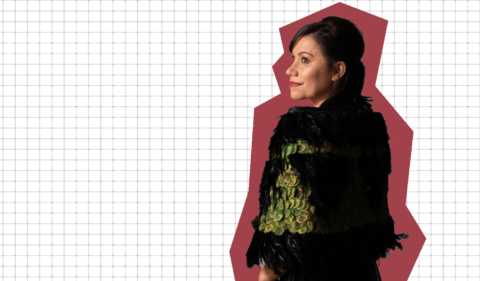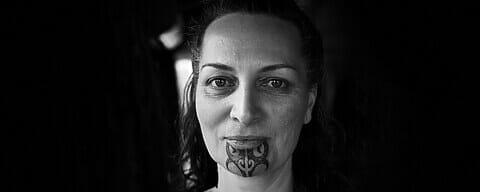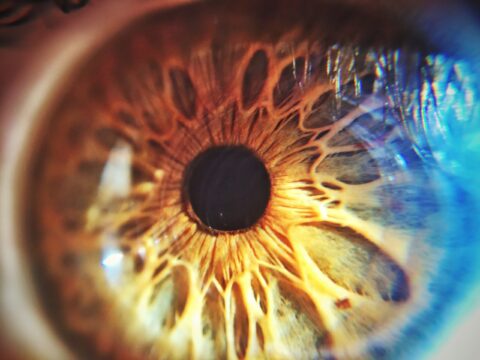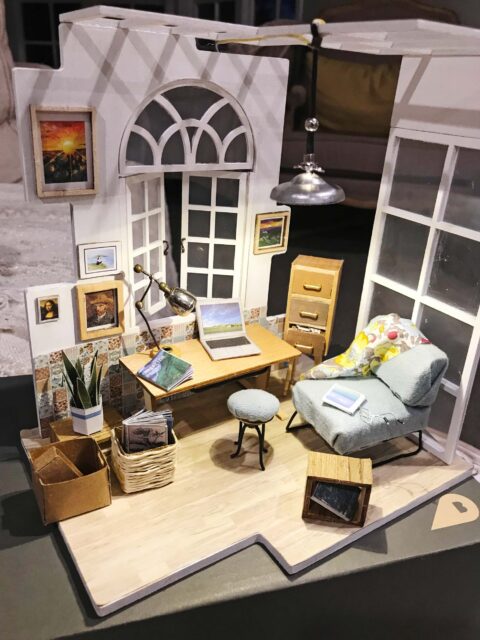Tamariki can be the greatest teachers, says Stacey.
I saw a surprised look on someone’s face when I mentioned recently that my best te reo Māori teachers have been my children. (I “saw” them on a huitopa [online hui], naturally. I live in Tāmaki Makaurau, after all!)
I suspect they were surprised because I’ve been taught by some highly respected teachers. We even named two of our children after them and they will always be treasured mentors. But as any parent will know, kids teach you things in a more relentless and unexpected way.
In the process of raising our kids with te reo Māori as their first language, the reo of our home and all our interactions together, they’ve pushed me to learn new words so that I could help them express their world. There’s a bunch of words that stand out in particular, one being mumutawa (ladybird).
When our eldest son was a toddler, he pointed at a ladybird and said, “He aha tēnei?” (“What is this?’) and I thought, “Er, I’ve never had to talk about a ladybird in Māori, I have no idea”, so I told him we’d look it up in the dictionary. He quickly realised that’s what you did when you didn’t know a word, so much so I also remember him toddling about with the big Ngata Dictionary in his hands, saying, “He aha te kupu Māori mō…” (“What is the Māori word for…” He was actually holding the dictionary upside down, but still, I liked that he knew that learning new words was normal in our whānau.
I’ve continued to learn new terms as our kids have grown, and wanted or needed to talk about different things. I really should have seen the need for this word coming: ahotakakame (photosynthesis) I just didn’t realise it would be when our son was four.
I’m very fortunate, I’d say privileged in fact, that my husband has a very wide vocabulary in Māori, particularly because he’s worked on Te Karere for more than 15 years and has written scripts on many topics. He knew the word ahotakakame already, but even he had to learn words like temīemi (seesaw) and other things in the playground, thanks to the kids!
Programmes like Dora the Explorer (Dora Mātātoa in Māori) and other Māori Television preschool shows gave us words like hārau (graze, as in injury) which is a term needed a lot when your tamariki are small!
As they grew, and their world changed, so did their vocabulary needs. Paeāhua (Instagram), Atapaki (Snapchat) and Tiriata (YouTube) weren’t around when our eldest was born, but now they’re common terms for us all.
One of my kids did tell me of a time that it wasn’t great for them that we spoke Māori at home. They let out a loud groan in class as the teacher announced they’d be learning about something new: “pūhuruhurutanga”. The teacher told them to share with the class what that was, and they had to say, “Pūhuruhurutanga – puberty,” in front of everyone. Sorry, kid.
In fact, I found talking about taiaki (hormones) and other teenage experiences somehow easier in te reo Māori, maybe because I didn’t have an association with the “birds and bees” talk I’d heard at their age, as it was in English. It’s probably also because I’m that nerdy māmā that loves learning new things, especially from my very best teachers.

